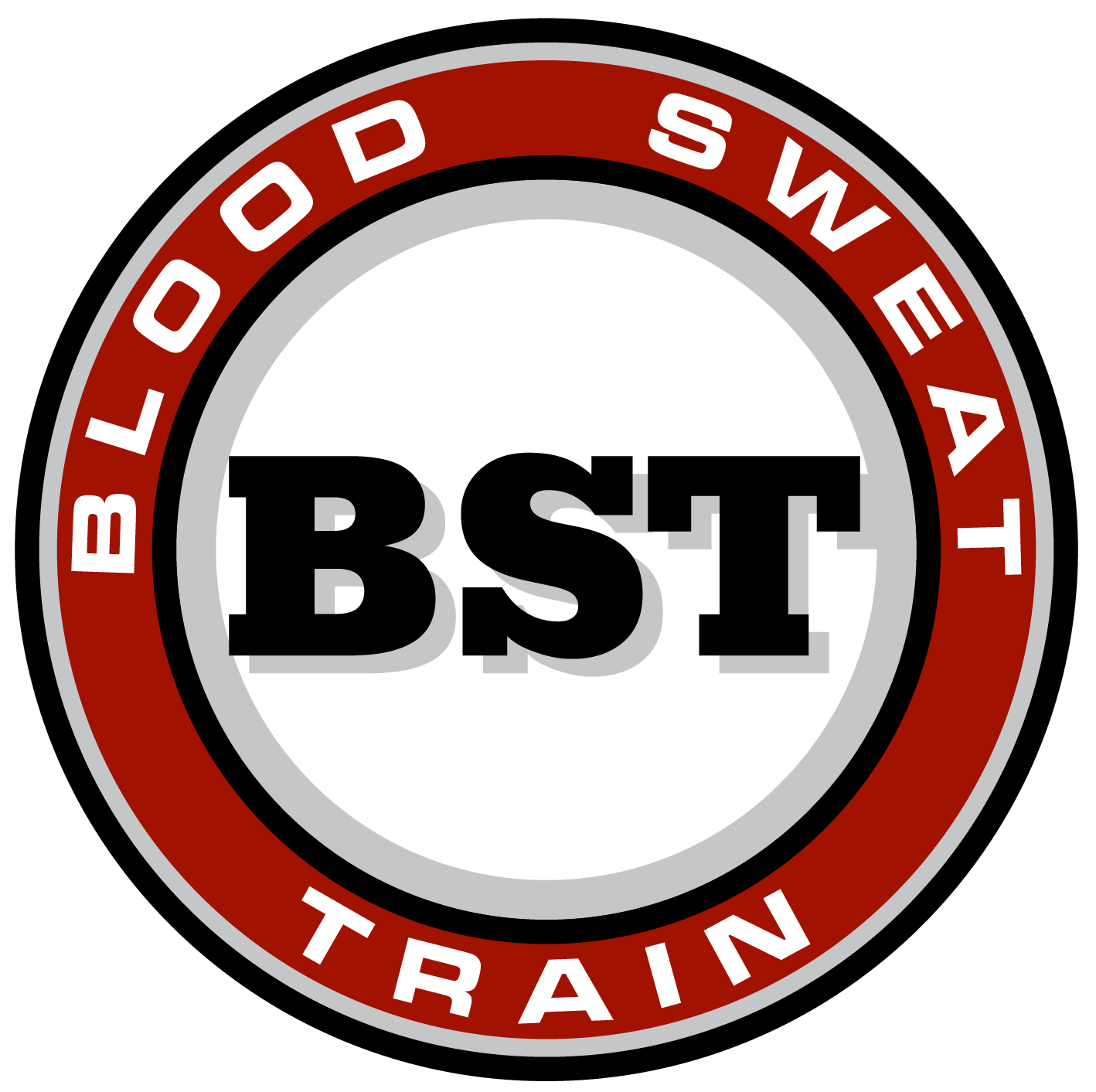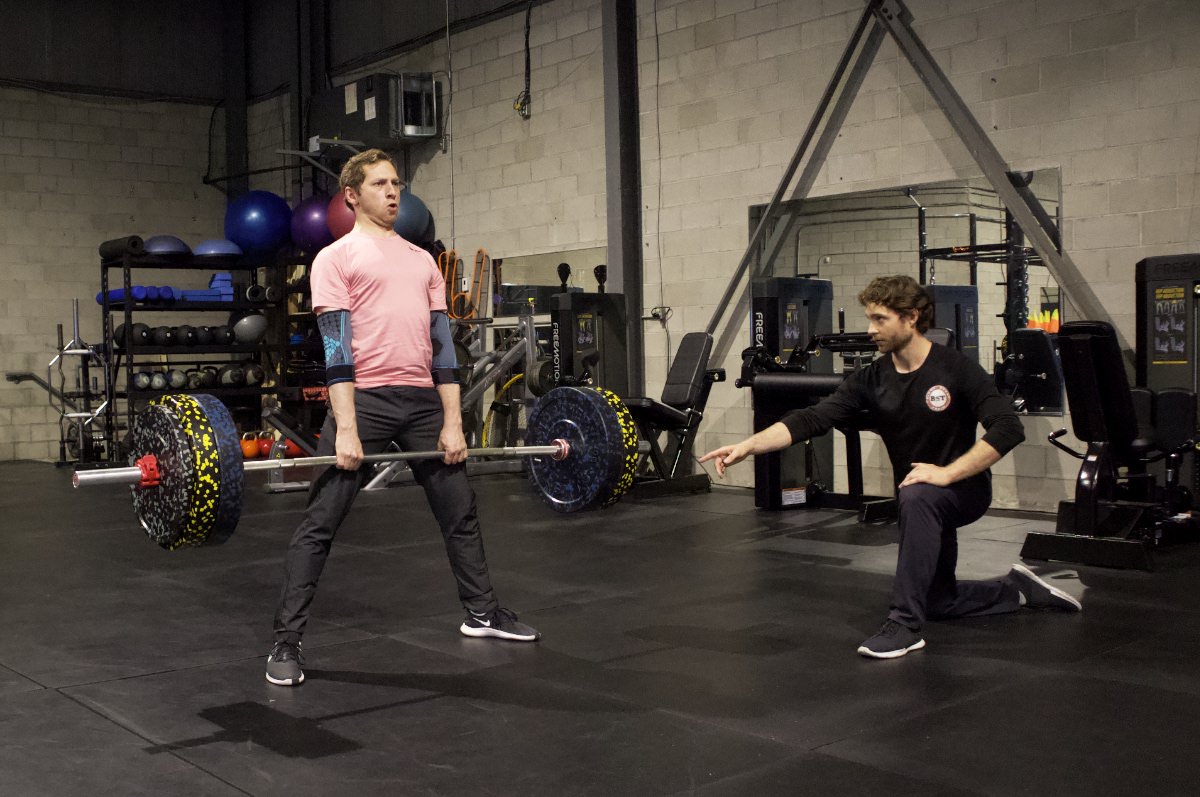How to Prevent Muscle Loss as you Age
Imagine waking up one morning and not being able to open a jar of peanut butter. Or struggling to climb a flight of stairs without getting winded. These are just a few of the challenges that can arise when we neglect our muscles as we age. As we get older, our bodies naturally lose muscle mass and strength, a condition known as sarcopenia. But the good news is that there are steps we can take to prevent or slow down muscle loss, and keep our bodies strong and capable well into our golden years.
So What Should We Do?
Pump Iron: Strength Training
Strength training, also known as resistance training, is one of the best ways to prevent muscle loss. When we lift weights or use resistance bands, we create small tears in our muscles. Our bodies respond by rebuilding these muscles to be even stronger than before. Aim for at least two strength training sessions per week, focusing on all major muscle groups, including legs, chest, back, shoulders, arms, and core.
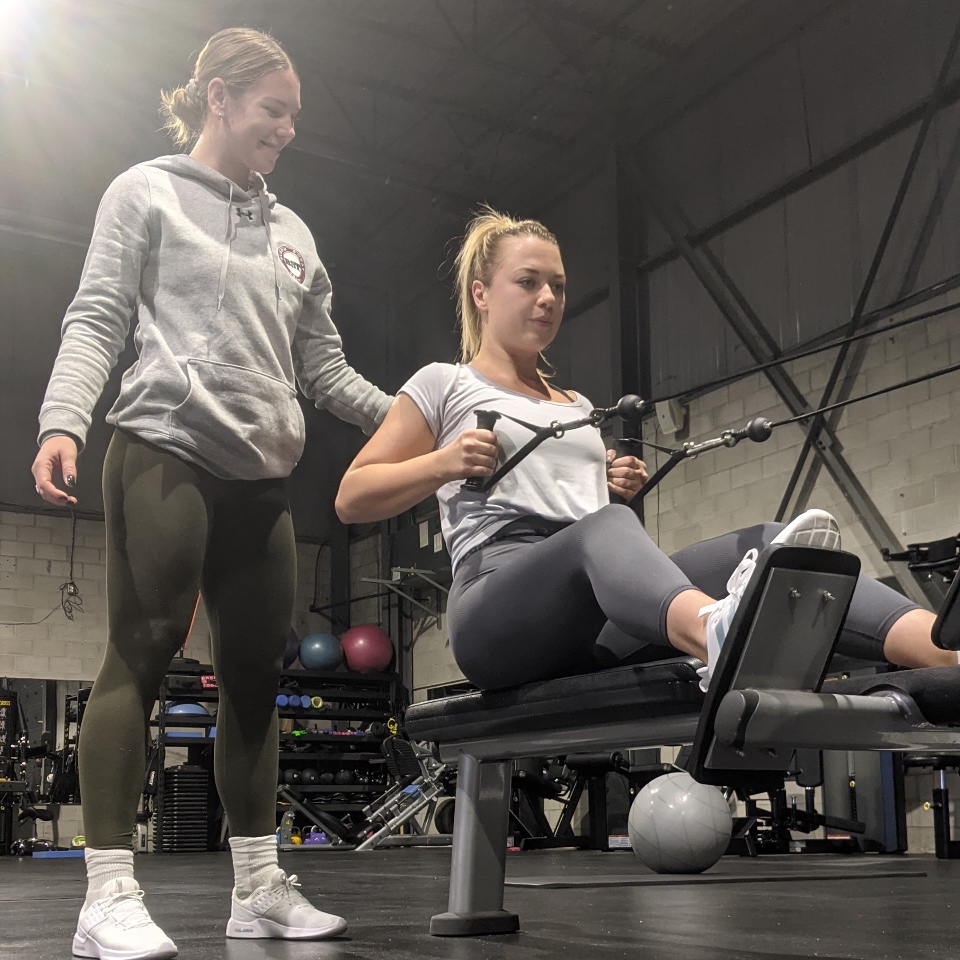
Move it or Lose it: Stay Active
Another key to preventing muscle loss is staying active. Walking, jogging, swimming, dancing, and biking are all great forms of exercise that can help keep your muscles strong. Aim for at least 150 minutes of moderate-intensity aerobic activity or 75 minutes of vigorous-intensity aerobic activity per week, or a combination of both.
Flexibility is Key: Stretching
Stretching can help improve flexibility and range of motion, which can help prevent falls and injuries. Incorporate stretching into your daily routine, focusing on all major muscle groups. Yoga, Pilates, and tai chi are also great forms of exercise that can help improve flexibility and balance.
Eat Right: Proper Nutrition
Proper nutrition is essential for maintaining muscle mass and preventing muscle loss. Make sure to eat a well-balanced diet that includes plenty of protein, which is necessary for building and repairing muscles. Aim for 1-1.2 grams of protein per kilogram of body weight per day, and make sure to eat a variety of protein-rich foods, such as lean meats, fish, eggs, beans, and tofu.
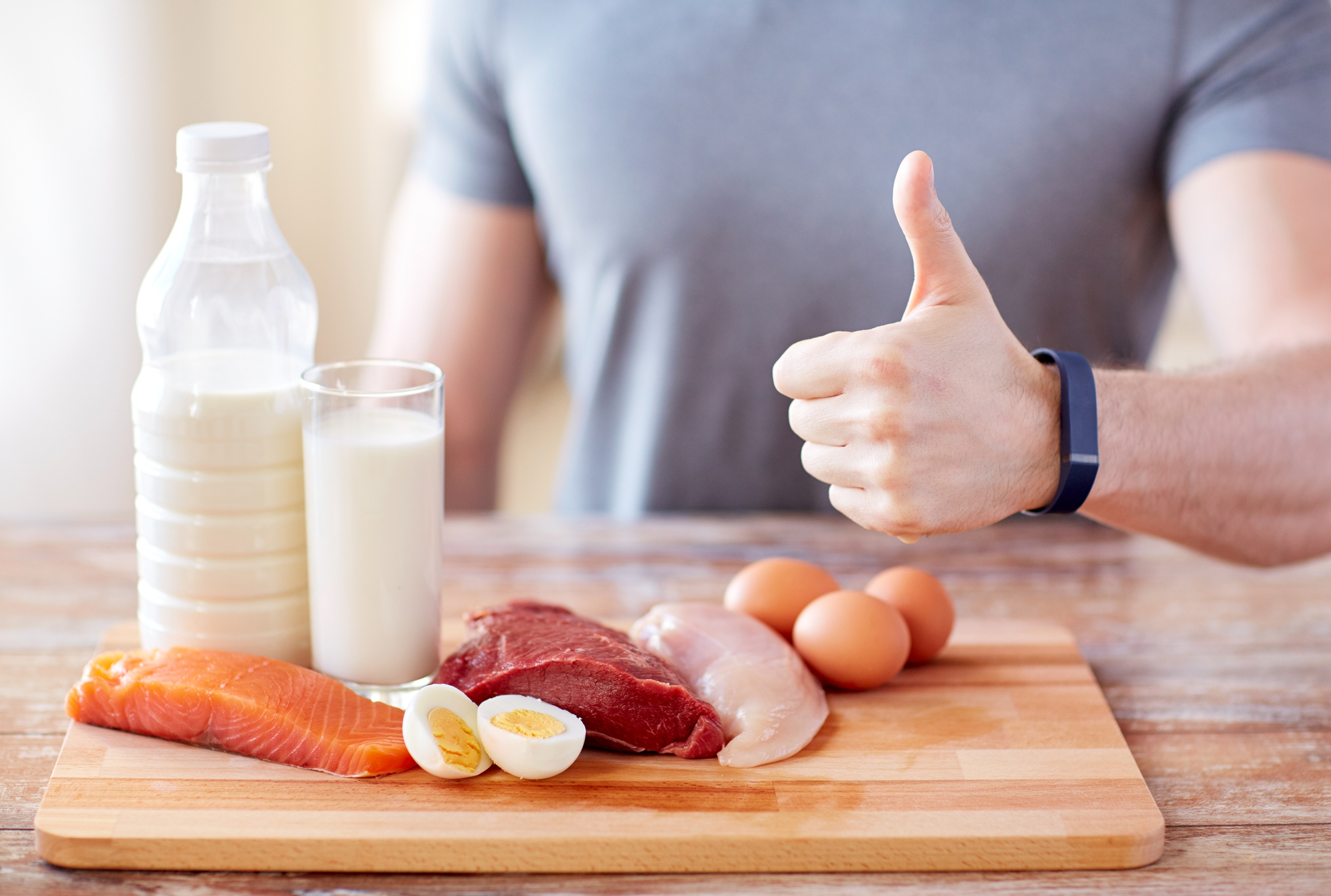
Stay Hydrated: Drink Plenty of Water
Staying hydrated is important for overall health and muscle function. Make sure to drink plenty of water throughout the day, especially before, during, and after exercise. Dehydration can lead to muscle cramps and fatigue, which can make it harder to exercise and maintain muscle mass.
Sleep Tight: Get Enough Rest
Getting enough sleep is important for overall health and muscle recovery. Aim for at least 7-8 hours of sleep per night, and make sure to prioritize sleep as part of your overall health routine. Lack of sleep can lead to increased stress and inflammation, which can contribute to muscle loss.
Stay Strong
Preventing muscle loss as we age is not only important for maintaining our physical capabilities but also for improving our overall quality of life. By incorporating strength training, staying active, stretching, eating a balanced diet, staying hydrated, and getting enough rest, we can keep our bodies strong and healthy for years to come.

